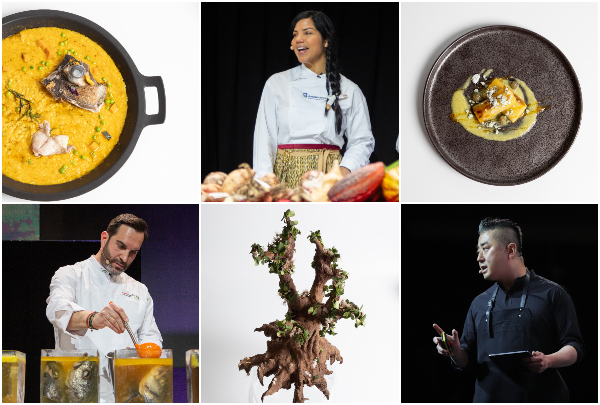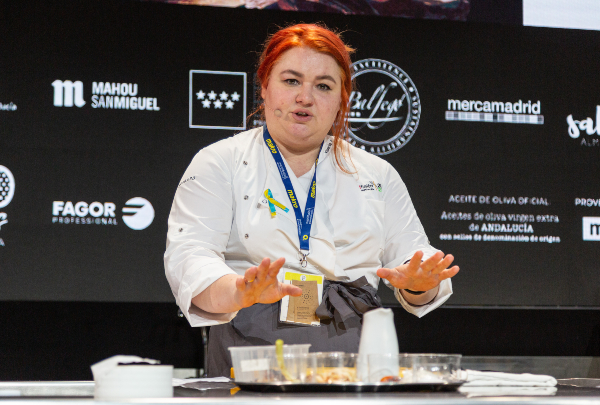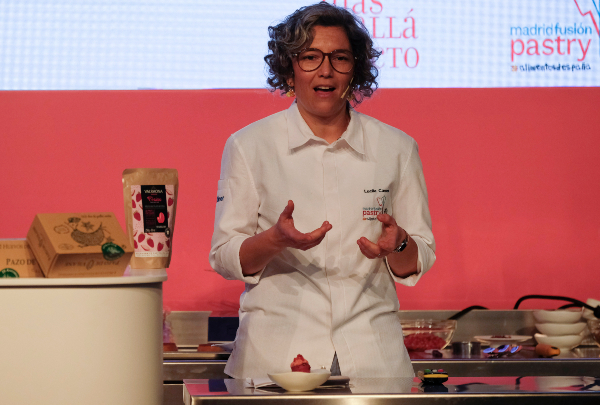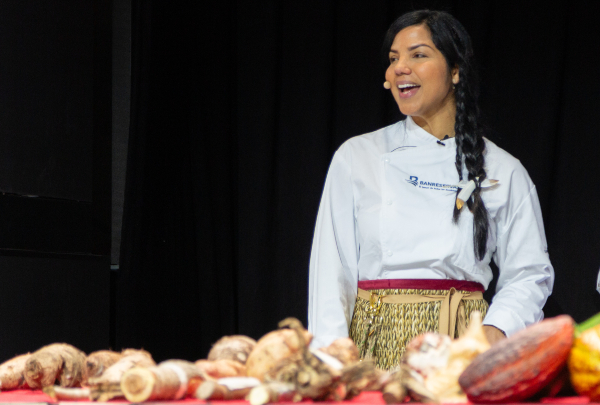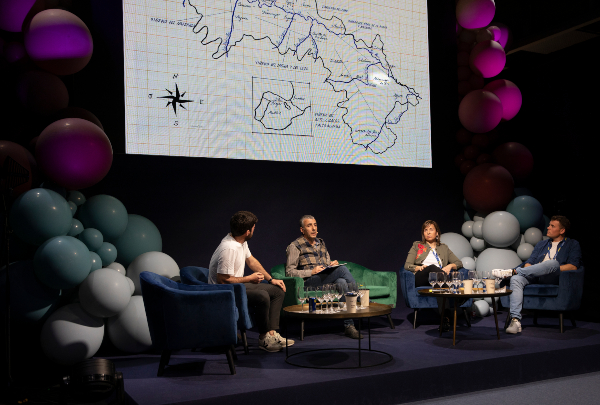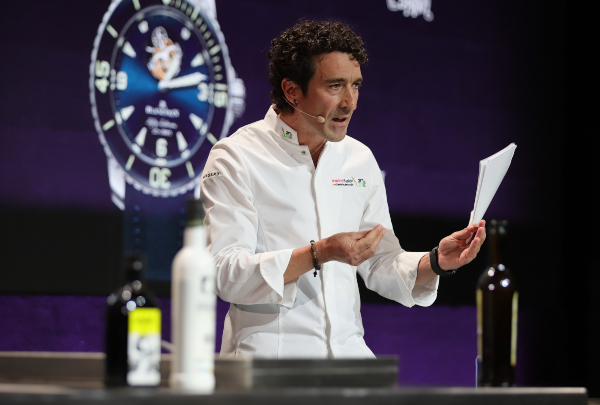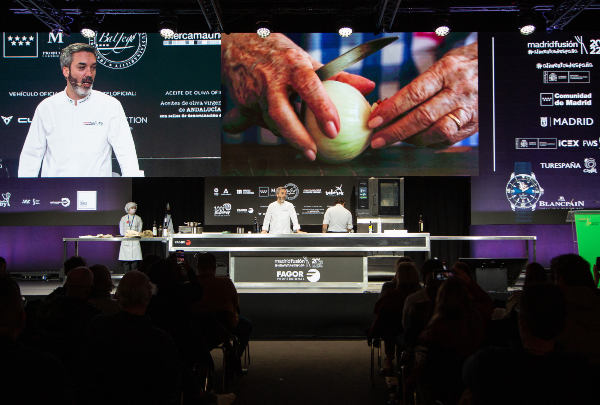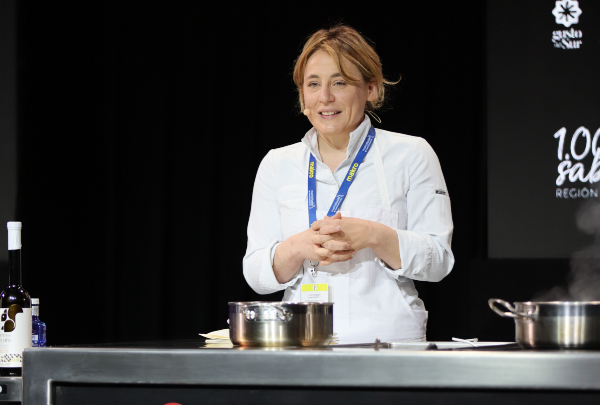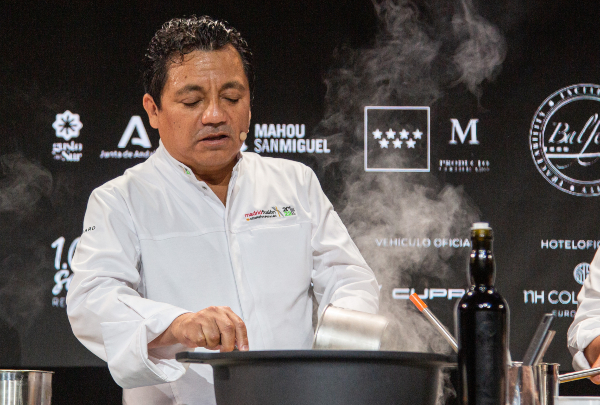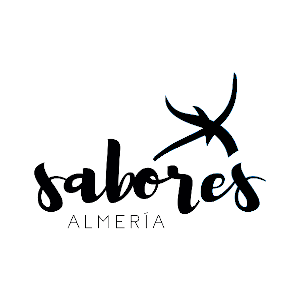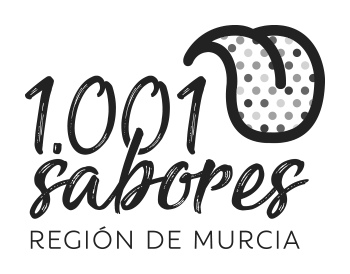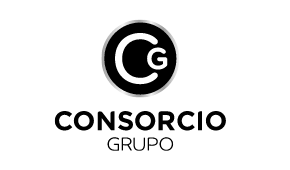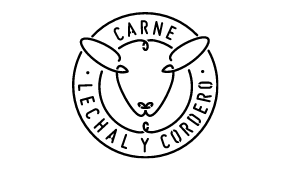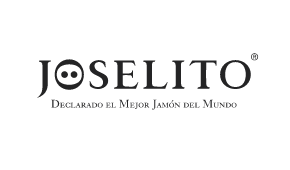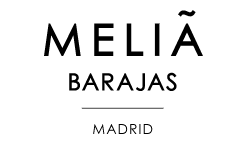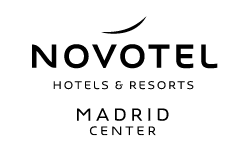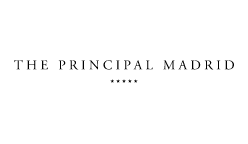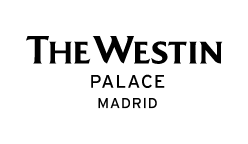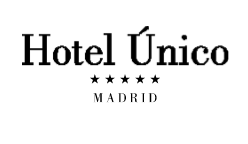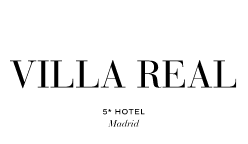News
Innovative wines bringing us back to the past and radical crafting focusing on territory
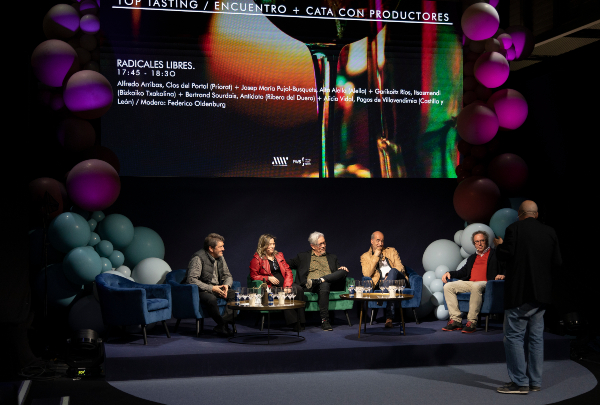
Wednesday afternoon at The Wine Edition Wines from Spain dwelt on returning to origins, the value of tradition, and crafting in accordance with roots in a search for the maximum expression of the terroir. The afternoon session began with the best possible line-up: María José López de Heredia (Viña Tondonia), Sara Pérez (Mas Martinet), Carlos Miguel Cerdán (Bodegas Cerrón) and Pilar Salillas (Lagravera), four winemakers concentrating on the origins of wines through knowledge of ancestral varieties, acknowledgement of land, growing methods, and ancient winemaking techniques.
At a round table moderated by Almudena Alberca MW, these grand small-scale producers sought to discern how the time factor has changed wines, going back to their origins on the basis of today's nuances. They did this with the assistance of a most interesting tasting session featuring some of their most typical wines.
"According to the Spanish Royal Academy, innovation means to alter something by adding new features, but it also means returning that something to its previous state", said Alberca. This is what these winemakers do - retrieve forgotten varieties, so that in the future they can again form part of the region and of our history.
“I don't think we've been innovating anything. If I've learned anything from the family philosophy, it's that we haven't destroyed as much as we thought", remarked López de Heredia. “History simply repeats itself, no one is an innovator, because new is nothing, and that's all. The only innovation my grandfather introduced was buying a vineyard on the advice of the French, and after that it's all work and observation ... Maybe now that actually is innovation, because very few people do it".
“In our case, the title of this discussion would be 'Preserve in order to innovate'", said Cerdán in relation to his Jumilla winemaking project. “Our philosophy entails retrieving the natural heritage around us, and working on it minimally to close the circle and be self-sufficient. It's an integral family project for life, which first and foremost sets out to preserve the wines my grandfather used to make, wines which were fresher and bore the mark of the territory".
“It was only when I was at peace with my past generations that I began to wonder which wines I really wanted to make, and that's when I began to innovate, to retrieve something which already existed, as the dictionary says, and in 1995 I went back to making rancio wine at Priorat”, explained Sara Pérez. At Mas Martinet she makes these oxidised wines from vines over 100 years old, in old casks she finds thanks to local people, in a bid to bring a tradition back from the past which she feels is worth preserving. “They stopped producing rancio wine because the pace of our lives does not give us the space or time, to make the wine or even to drink it". However, she added "every winery has its own style of rancio, and this makes for a very special cultural diversity in the modern age".
Free, genuine wines
To round off the talks on the last day of Madrid Fusión The Wine Edition 2022, Federico Oldenburg was accompanied by some of the most rebellious producers in his "Radical Wines Salon". “They're not radical wines because they're rebellious, although there's a bit of that too, but because of their roots and links; they are wines that are true to their origins and to tradition", explained the journalist.
By way of an appreciation of the genuine wines produced by small wineries and out-of-the-ordinary crafting, the wine journalist and writer brought along five ‘last of the viticulture Mohicans’: Alfredo Arribas from Clos del Portal (Priorat), Josep María Pujol-Busquets from Alta Alella (Alella), Garikoitz Ríos from Itsasmendi (Bizkaiko Txakolina), Bertrand Soirdais from Antídoto (Ribera del Duero), and Alicia Videal from Pagos de Villavendimia (Castilla y León).
An ‘inside-out’ wine-tasting session with different wines, natural, non-natural, small classic gems and some wines never tasted before, to demonstrate there are no hard and fast rules for the enjoyment of wine. A “garnacha” from La Seca, a natural cava made in an organic process with local grapes, a Pedro Ximénez del Priorat subjected to a long biological ageing process with flor yeast, and a long-aged txakolí. Ancestral wines, wines stripped bare, bottled landscapes, complying with some very personal criteria and some very different crafting philosophies, but wines that speak with no filters of origin and lineage, and always with maximum respect for nature.

 600.jpg)
